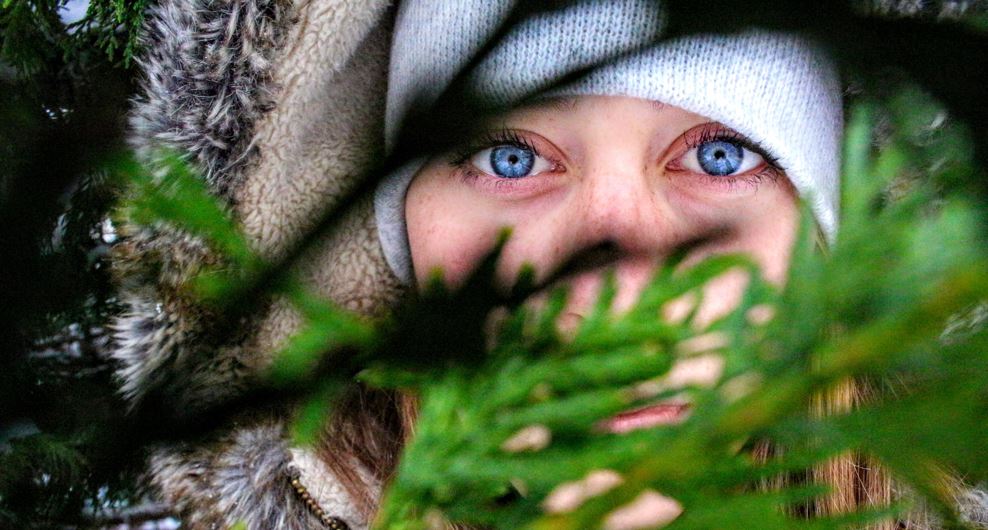Blog: Winter eye care advice
Our eyes can go through a lot in the colder months so we’ve put together a guide on how to keep your eyes healthy through winter.
UV Rays
Most of us are aware that we need to wear sunglasses to protect our eyes in the summer but did you know that the official advice is that we should be wearing sunglasses whenever the UV Index rises above three? This can happen even on a cloudy day and throughout the winter months.
UV radiation can have both short- and long-term effects on the condition of our eyes. It can damage the eye’s surface tissues as well as the cornea and lens. UV rays can burn the surface of the eye much like sunburn on skin. In fact, according to the Eyecare Trust, our eyes are 10 times more sensitive to UV than skin!
Long term exposure to UV radiation can be more serious. Exposure to UV is a significant risk factor for cataract development, which is the leading cause of blindness in the world.
To protect your eyes from UV exposure it is important to wear good quality UV protective sunglasses that block out 99 to 100 percent of both UV-A and UV-B radiation and that screens 75 to 90 percent of visible light. Wraparound sunglasses offer the best protection while grey lenses give proper colour recognition.
The Met Office say: The UV index (the strength of the sun) can be high at many times of the year. It is worth remembering that it doesn’t have to be hot and the sky doesn’t have to be cloudless for UV levels to be high. We grade the UV level from low to very high, and it is important to take action when UV levels are moderate or above.
“To get UV forecasts for UK, all you have to do is simply go to the Met Office website or download the free Met Office app. The UV forecast shows the UV index for the next seven days and an hour-by-hour forecast for the next two days.”
Wind and central hearing
Cold winter winds and central heating can play havoc with your eyes leaving them feeling dry, gritty, and sore – especially at the end of the day when symptoms are often at their worst. Cranking up your central heating can also trigger conjunctival hyperaemia (blood shot eyes).
Beat dry eye this winter by reducing the setting on your central heating, protecting your eyes from the wind; avoiding car heaters, particularly at face level and sitting away from direct heat such as gas or electric fires.
Wearing glasses can provide protection against the wind, even if you don’t normally wear them outdoors.
It’s important to speak to your optometrist if you feel like your eyes are dry, they can offer lubricating eye drops or other advice.
Respiratory Infections
Respiratory infections such as common colds and flu can inflame your conjunctiva (the clear membrane that covers the whites of your eyes) leaving your eyes feeling sore and irritated. Prevent cross infection from bacteria in coughs and colds by washing your hands thoroughly before touching your eyes.
Eye Tests
Winter is also a great time to get your sight tested as poor light conditions can mean your eyes have to work harder, making them more susceptible to fatigue and eye strain.


